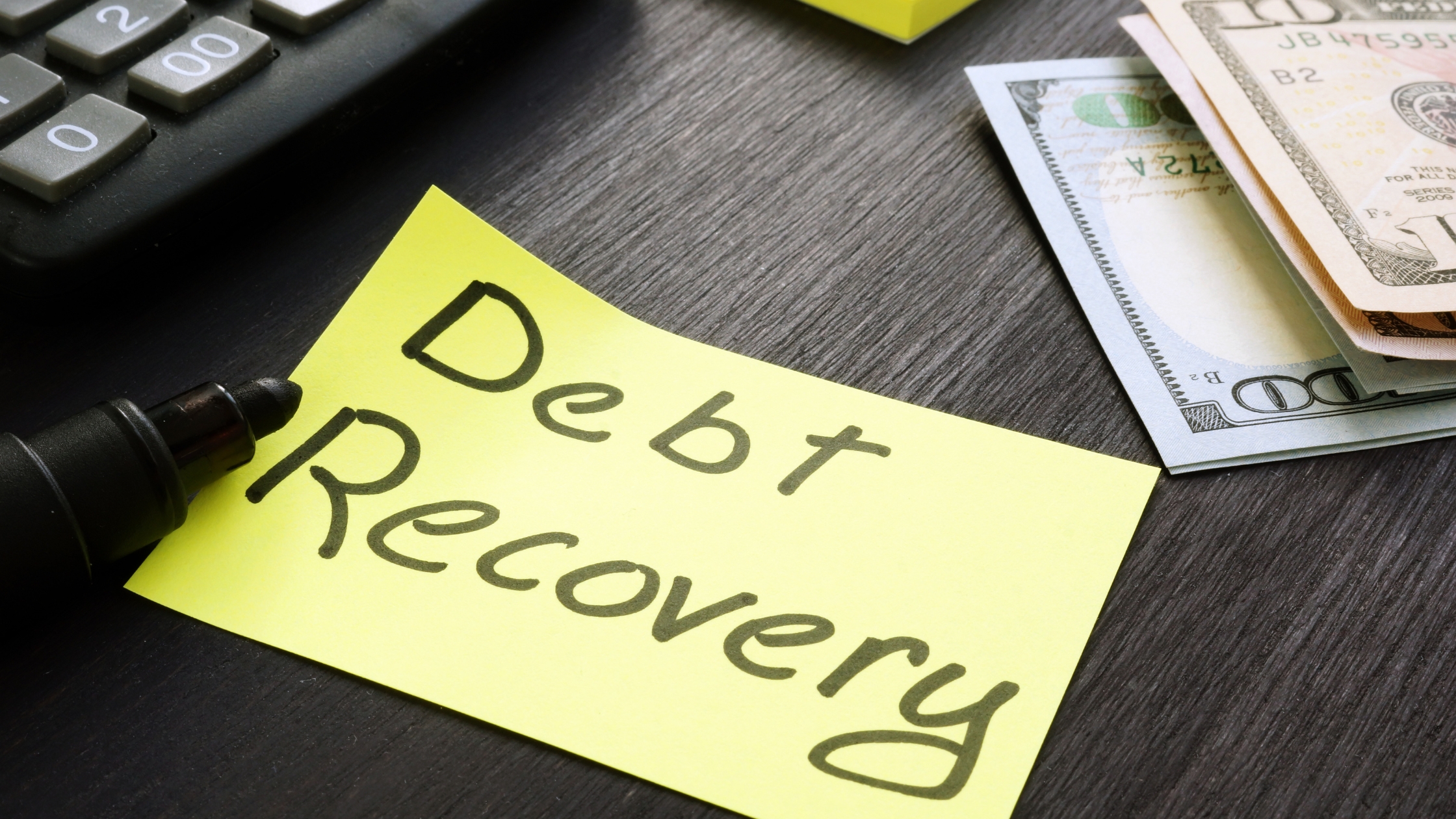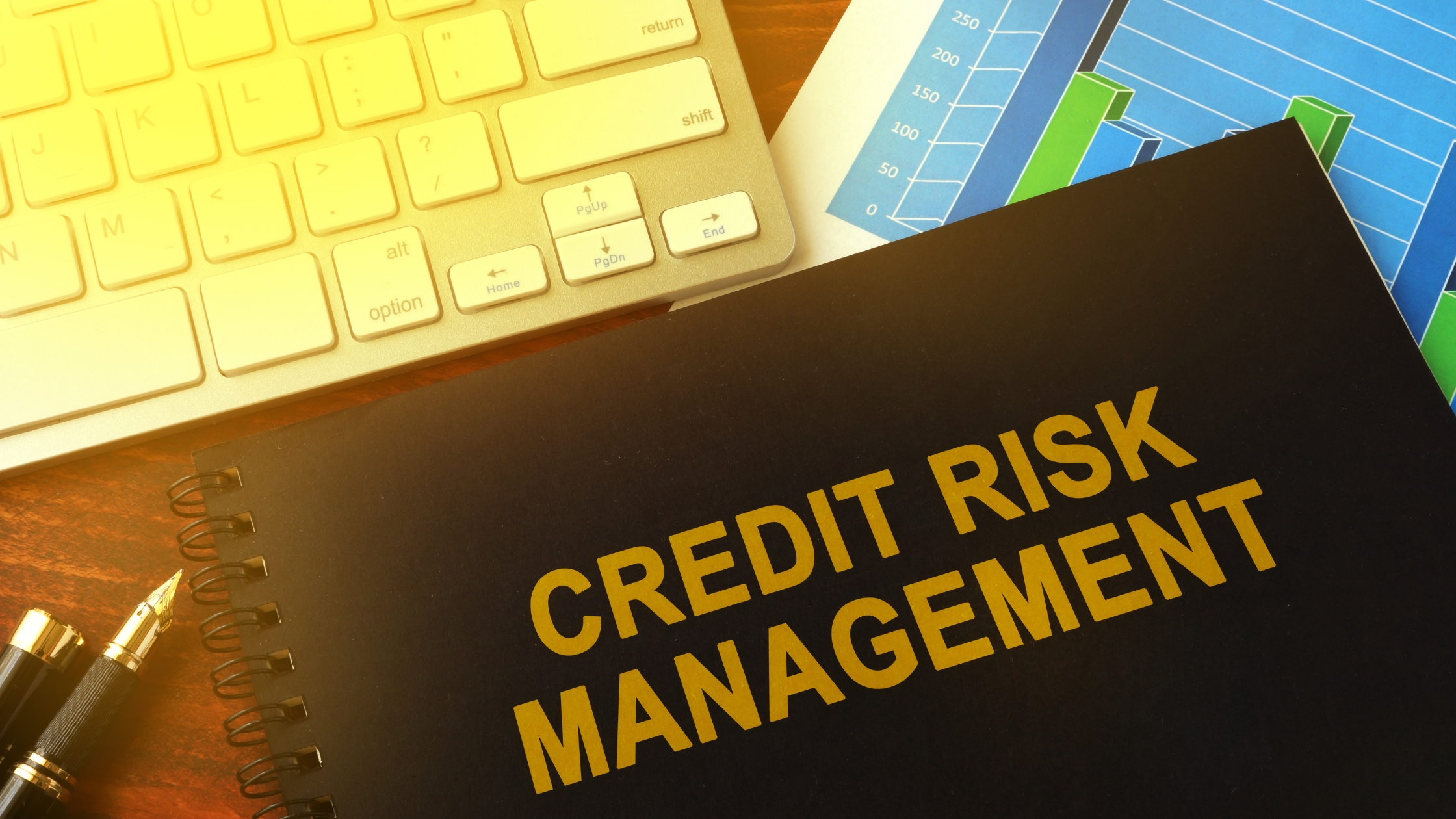Ethical Practices in Debt Collection: Balancing Rights and Recovery
Balancing effective debt recovery with ethical practices is key in the debt collection industry, where transparency, respect for privacy, fair treatment, adherence to regulations, and financial literacy are paramount.
Agencies that uphold these principles not only enhance their reputation but also contribute to a fair financial ecosystem.
Transparency
Essential in building trust, it involves clear communication about the debt, ensuring that debtors are fully informed and able to engage cooperatively.
Privacy Respect
Debt collection must always protect the personal information of debtors, using it strictly for collection purposes and disclosing it only as legally required.
Fair Treatment
It’s crucial to treat debtors equitably, accommodating their circumstances and avoiding any form of harassment or intimidation.
Regulation Adherence
Complying with all relevant regulations safeguards the legality and effectiveness of debt recovery operations.
Planning for Taxes
Tax planning can be complex, but it’s vital. Work with an accountant to understand your tax obligations, explore deductions, and ensure compliance.
Proper planning can prevent a tax burden that hampers growth.
Financial Literacy Promotion
Agencies should also assist individuals in improving their financial management skills to prevent future debt-related difficulties.
Ethical debt collection is not only a legal obligation
but also a business advantage, leading to higher recovery rates and stronger customer relationships. It reflects the industry’s shift toward corporate responsibility and consumer rights.
As agencies increasingly integrate empathy, respect, and fairness into their practices, the future of financial interactions is shaped positively.
Ready to transform your debt collection approach with ethics at the forefront? Connect with us now and pave the way for responsible recovery that respects debtor rights and achieves your business objectives.











